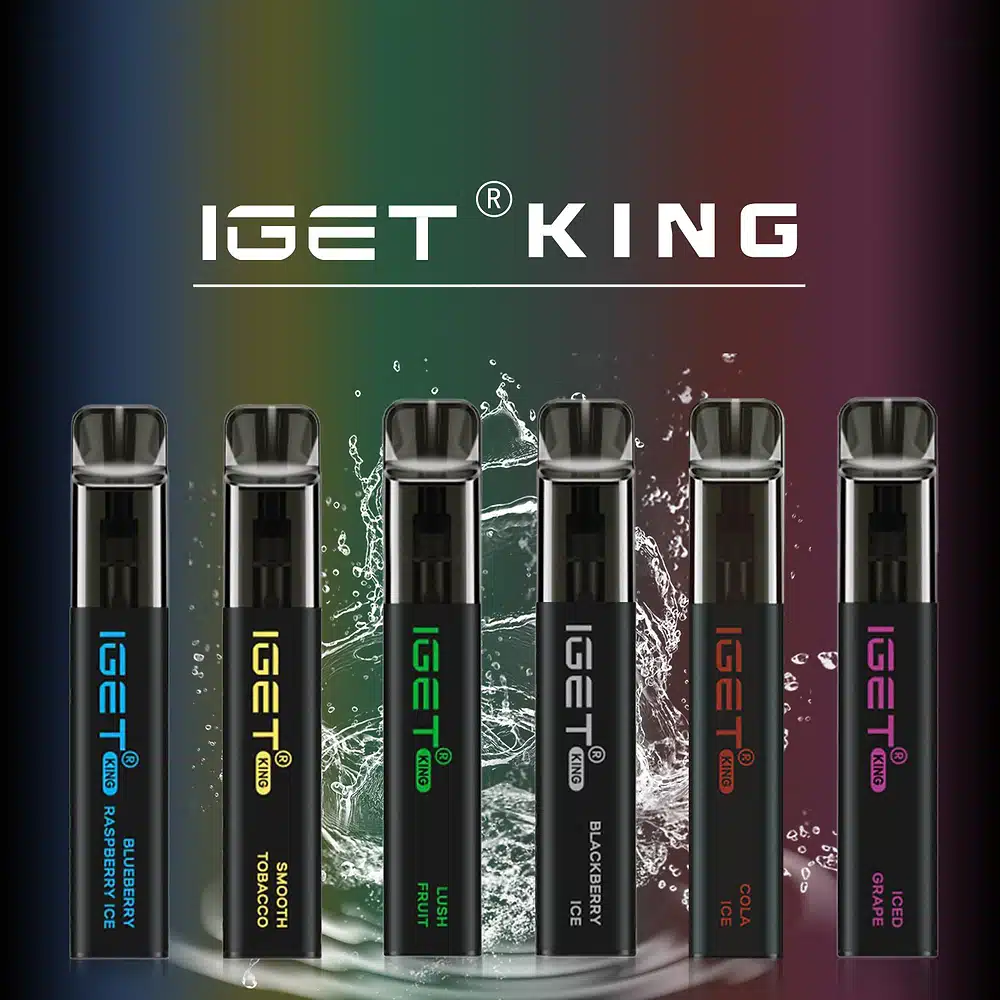The first aspect to consider when choosing a device for reading is the display quality. Ebook readers typically feature e-ink professional astrologer for personal chart reading, which mimic the appearance of ink on paper and provide a glare-free reading experience. The e-ink technology used in ebook readers ensures excellent readability even in direct sunlight, making it an ideal choice for outdoor reading. On the other hand, tablet computers boast LCD or OLED screens that offer vibrant colors and high resolution. These displays are well-suited for graphic-intensive content such as comics or magazines.
<h2>Eye Comfort:</h2>
Reading for extended periods can strain the eyes, so it’s crucial to choose a device that prioritizes eye comfort. Ebook readers have an advantage in this aspect due to their e-ink displays. The e-ink technology reduces eye fatigue as it does not emit backlight or cause screen glare. Moreover, ebook readers often incorporate adjustable front lighting, enabling you to read in low-light environments without disturbing your sleep patterns. In contrast, tablet computers emit blue light, which can disrupt sleep and cause eye strain. Although some tablets offer blue light filters, they still fall short of the eye-friendly experience provided by ebook readers.
<h2>Battery Life:</h2>
For avid readers, battery life is a critical factor to consider. Ebook readers excel in this department, as they are specifically designed to maximize battery efficiency. Thanks to the e-ink display technology, ebook readers consume minimal power, allowing them to last for weeks or even months on a single charge, depending on usage. Tablet computers, on the other hand, require frequent charging due to their power-hungry processors, vibrant displays, and other multitasking capabilities. If you travel frequently or prefer uninterrupted reading sessions, an ebook reader is the more practical choice.
<h2>Portability:</h2>
When it comes to portability, ebook readers have the upper hand. These devices are typically lightweight, compact, and easy to hold with one hand. Their slim and ergonomic design makes them ideal for slipping into a bag or even a pocket. Additionally, ebook readers tend to have smaller form factors, making them more comfortable to hold for long periods. Tablet computers, on the other hand, are generally larger and heavier, which may pose challenges when reading for extended durations or while on the move.
<h2>Reading Experience:</h2>
The reading experience is at the core of choosing a device for bookworms. Ebook readers are designed with a focus on emulating the feel of reading a physical book. They offer a distraction-free environment, with no push notifications or other apps vying for your attention. Ebook reader software often includes features like adjustable font sizes, font styles, and line spacing to customize the reading experience according to your preferences. Some high-end ebook readers also provide page-turn buttons or haptic feedback, simulating the tactile sensation of flipping through pages. Tablet computers, on the other hand, provide a more versatile experience with the ability to access other apps, browse the internet, or watch videos. However, the potential for distractions may hinder your immersion in the reading process.
<h2>Storage Capacity:</h2>
Another crucial aspect to consider is the storage capacity of the device. Ebook readers typically come with ample internal storage that can hold thousands of books, ensuring you have a wealth of reading material at your fingertips. Some ebook readers even offer expandable storage options, allowing you to add a microSD card for additional space. In contrast, tablet computers usually provide larger storage capacities, often starting from 32GB and going up to several hundred gigabytes. This extra storage can be advantageous if you also intend to store other multimedia content like movies, music, or games. However, it’s important to note that ebooks generally have small file sizes, so unless you plan on storing a vast library or multimedia collection, the storage capacity of an ebook reader should suffice.



